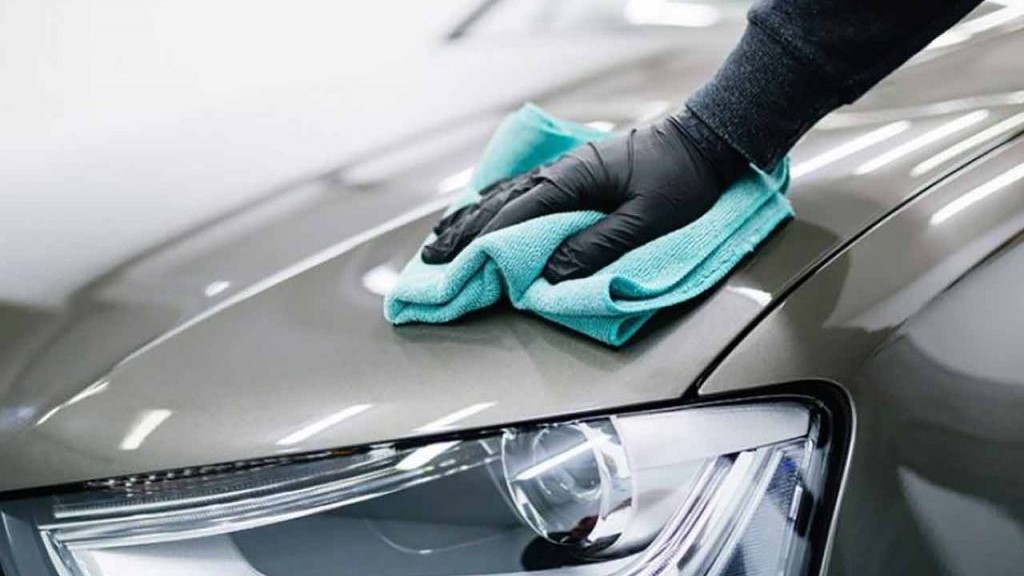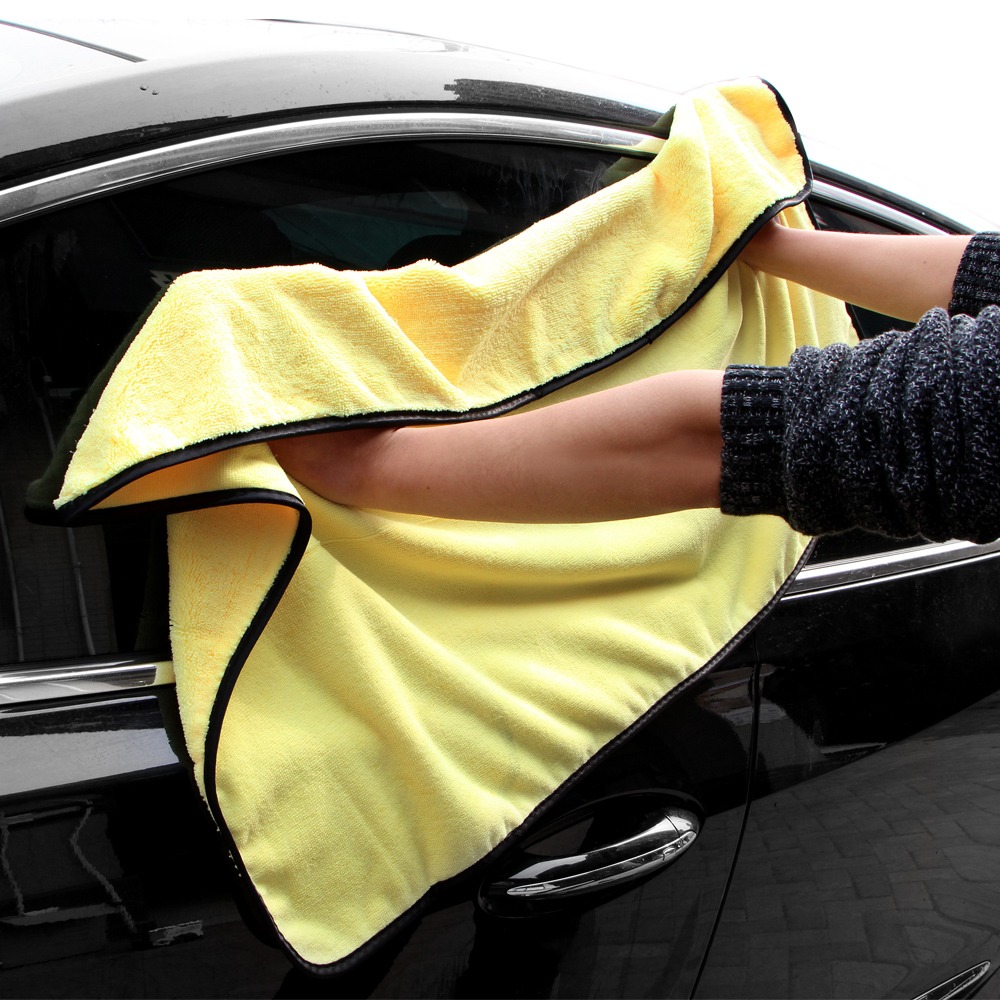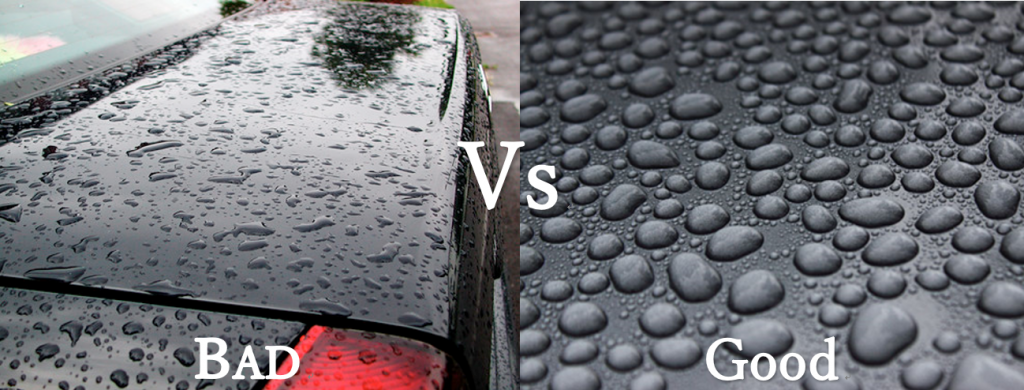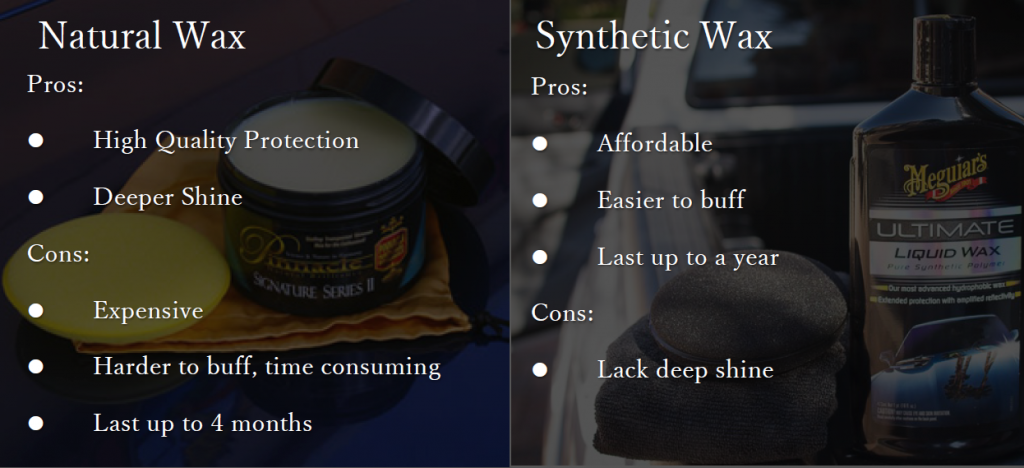How Often Do You Wax Your Car?
HOW-TO 2019/09/20

Once every six months, once a month? Every wonder how often you should wax your car? Besides giving your car that head-turning shine; waxing helps create a protective layer, shielding your car against pollution and the destructive effects of the elements. Lets look into the steps and tools needed to help protect your precious four-wheel investment.

Preparation. Before we begin waxing, the very first step is to give your car a clean rinse. Use a good clay bar to help remove any build-up of grime and other unwanted matter. Keep in mind that washing should be done at a moderate frequency. Too often and the minerals from the water can build up in areas hand-drying won't reach. Trace salts may also cause corrosion in areas you may not be aware of. Car specialists recommend washing once a week at most or when the car is in a grimy state. And for example it would be waste of time and money to wash too often during the monsoon season when you know it would be raining in the next few days. A through wiping or detailing is the way to go. Which brings up our next point; detailing.

Detailing is a fast and easy approach to taking care of your car and can be done often. All you need is a good detailer spray (some mixed with wax), and quality microfiber towels. Wipe gently in dusty areas and crevices. Rinse towel often or dust particles embedded in the microfibers may scratch the surface of your car.
Waxing. Once the car is dry and dust-free, we are ready for waxing. When waxing it is preferably best to wax in doors to avoid direct sunlight and dust. High temperatures accelerate drying of the wax making it harder to buff. If you don't have a garage find a spot in the shade, pick a overcast day or wax in the evening.
Depending on the types of wax applied, usually a car is recommended to be waxed four times a year or every three months to protect the vehicle's finish. Easiest way to tell if your car needs to be waxed is by splashing a bit of water on it. If the water does not bead up and drip down immediately your car is very likely in need of waxing.

Different Types of Wax. There are two main kinds of wax: natural and synthetic.
Natural car wax is made of natural ingredients mostly found in plants. The most common natural wax comes from the palm trees of Brazil known as carnauba. It is much harder than synthetic wax so it takes much longer and may need specialized tools to buff. But natural wax provides a high level of protection and a deep shine enhancing the hue of cars, particularly dark-colored cars. Because it can wear off fairly quickly so your car may need frequent applications every 4 months.
Synthetic car wax on the other hand is a combination of chemicals that can clean and bond with the paint. It gives your car shine and protection that can last up to a year. It is also less time consuming to apply and more affordable compared to natural wax, making it the preferred choice among everyday drivers.

The key to a good waxing is taking your time. It is all in the detail. When waxing, wax in a vertical or horizontal method to prevent swirls and apply evenly to all areas. Be careful of getting the wax into cracks and crevices. Afterwards buff off the wax gently with a microfiber towel. The whole process should take about an hour.
In the end, choosing the right car wax and how often to wax your car depends on how much time and money you are willing to invest. There are synthetic wax that offer affordable, longer-lasting protection but lack in shine. While there's the more expensive option of deeper shine and quality protection but more frequent re-applications. The choice is up to you!